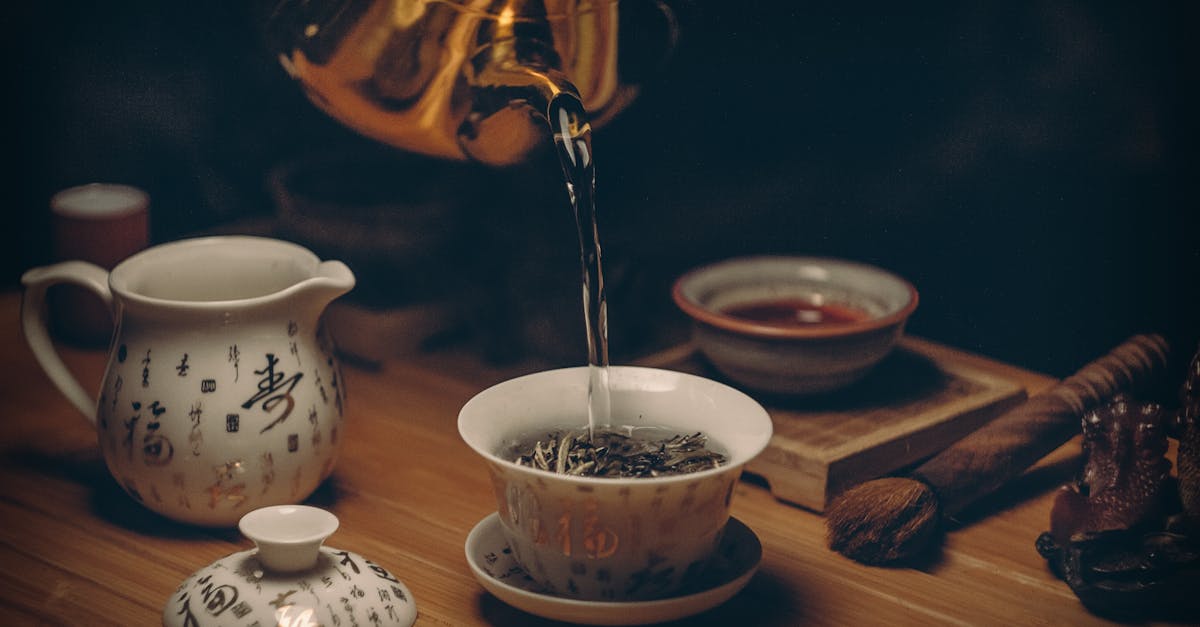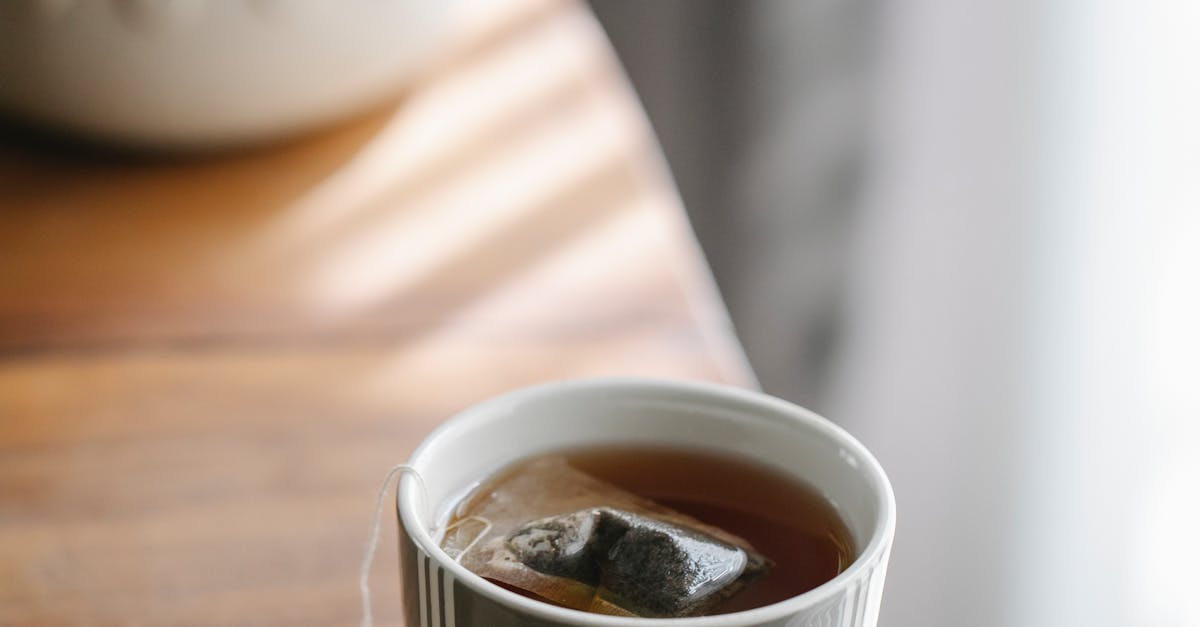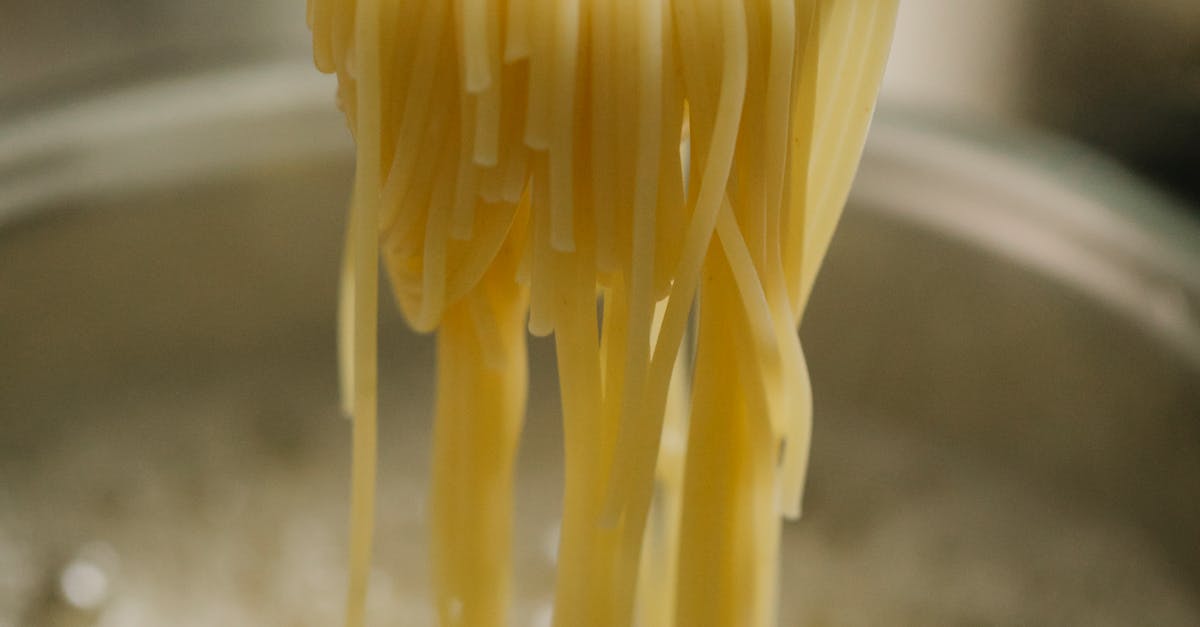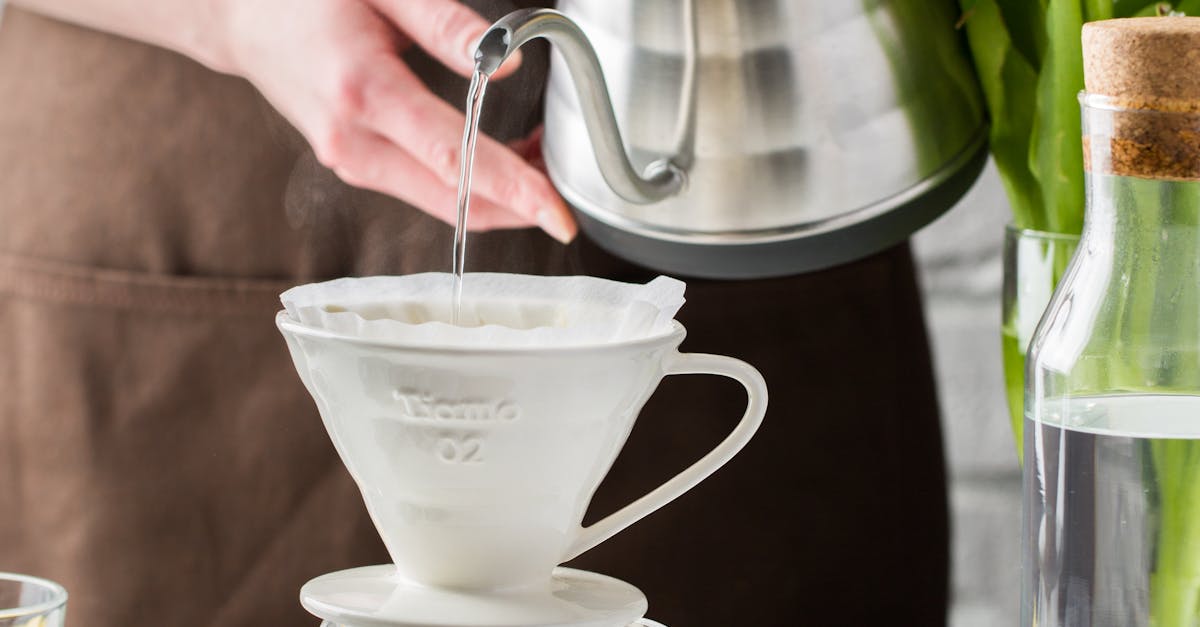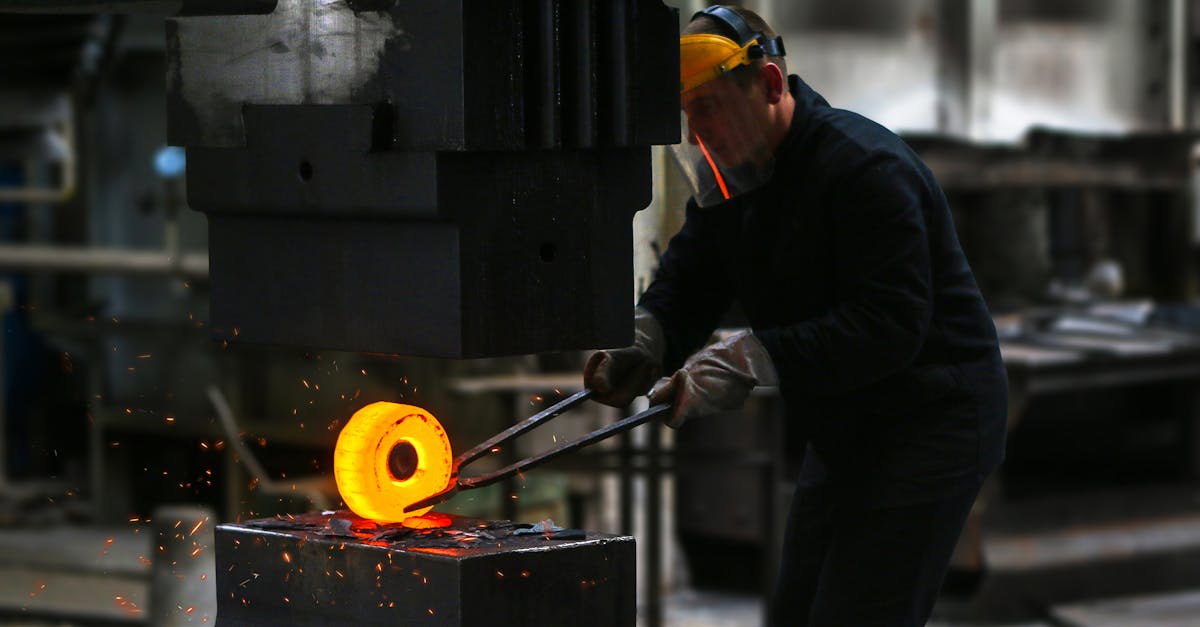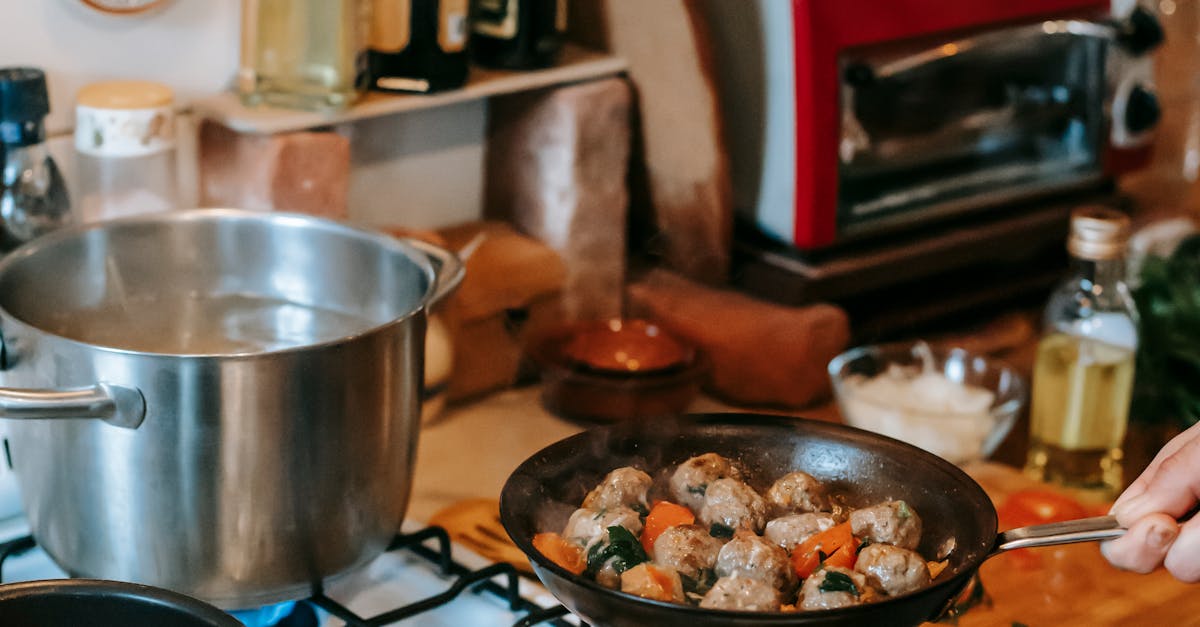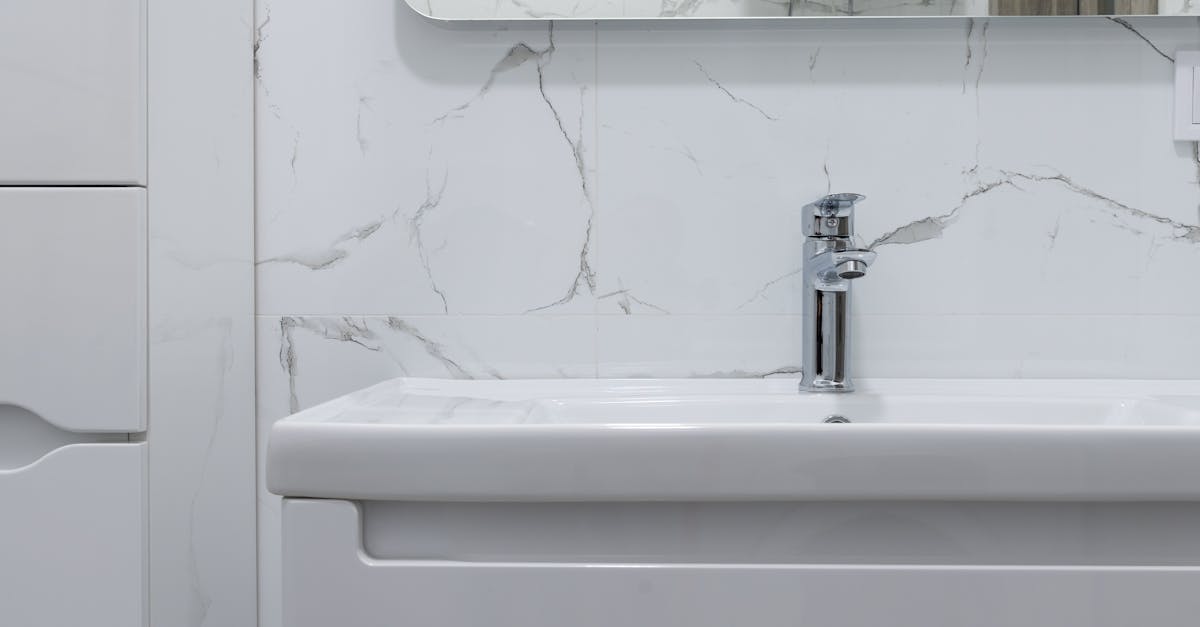
Table Of Contents
Professional Plumbing Services
Professional plumbing services offer a tailored approach to addressing stubborn clogs. Skilled plumbers bring experience and specialised tools to the table, ensuring effective drain cleaning. These professionals can diagnose underlying issues that might not be apparent to the average homeowner, providing long-term solutions instead of temporary fixes. Their expertise extends beyond simply removing blockages; they also educate clients on proper drain maintenance.
Additionally, engaging a plumbing service can prevent further complications down the line. Regular drain cleaning by professionals can help reduce the risk of future blockages and maintain the overall health of your plumbing system. This proactive approach often saves homeowners money over time, as persistent clogs can lead to more serious plumbing problems. With their advanced techniques and knowledge, plumbers play a crucial role in safeguarding your home’s plumbing from recurring issues.
When to Call in the Experts
Signs that indicate it's time to call in professionals typically include persistent clogs after repeated attempts to clear them with basic methods. If drain cleaning solutions and home remedies do not yield results, it may signal a deeper issue within the plumbing system. Additionally, if you notice water backing up in multiple drains or an unpleasant smell permeating from the fixtures, these could be symptoms of a significant blockage requiring expert intervention.
Professional plumbers possess the experience and tools necessary to tackle stubborn clogs effectively. They can assess the situation to identify potential underlying problems, such as tree root intrusion or deteriorating pipes contributing to drainage issues. Relying on skilled technicians for drain cleaning not only resolves the immediate problem but also helps prevent recurring clogs in the future, ensuring your plumbing system runs smoothly.
Emergency Tips for Severe Clogs
In cases of severe clogs, quick action is essential to minimise damage and restore flow. Begin by turning off the water supply to the affected sink, shower, or toilet to prevent further overflow. If possible, remove any standing water to facilitate better access to the drain. Baking soda and vinegar can work effectively for minor blockages. Pour a cup of baking soda followed by a cup of vinegar down the drain, and allow the mixture to bubble for about 30 minutes. This natural drain cleaning solution can help break down debris.
If the clog persists, try using a plunger. Make sure to cover any overflow openings before plunging. Additionally, consider using a plumber's snake to dislodge stubborn blockages. This tool can reach deeper into the pipes and remove any trapped debris. Avoid using harsh chemicals for drain cleaning, as they can damage pipes and pose safety risks. If these methods do not yield results, it may be time to contact a professional who can offer more extensive solutions.
Immediate Steps to Take
If you suspect a clog in your drain, the initial step involves assessing the situation. Check if there are visible signs of blockage, such as water pooling in sinks or slow drainage. Often, the use of a plunger can dislodge minor clogs effectively. Apply consistent, firm pressure to create a vacuum that may release the obstruction. If this method does not yield results, you might consider alternatives like drain cleaning chemicals designed to break down grease and debris.
In cases of persistent clogs, employing a simple drainage snake often proves beneficial. This tool can reach deep into the plumbing to manually extract items causing the blockage. While attempting these methods, ensure safety by wearing gloves and protective eyewear. Should the problem remain unresolved, it's advisable to seek professional assistance. Expert drain cleaning services can identify underlying issues and prevent further damage to your plumbing system.
Impact of Clogged Drains on Your Home
Clogged drains can significantly affect the functionality of your home. When water cannot flow freely, it backs up in sinks, showers, or toilets, causing inconvenience and disruption to daily activities. Persistent clogs often lead to increased pressure within the plumbing system, which can result in leaks or even pipe bursts if left unaddressed. Regular drain cleaning can help prevent these issues before they escalate, maintaining the efficiency of both the drainage system and your overall plumbing.
Beyond inconvenience, a clogged drain can pose serious health risks. Stagnant water creates an environment conducive to the growth of mould and harmful bacteria, potentially leading to respiratory issues and other health concerns. Furthermore, if drain backups reach a level where sewage overflows, it can introduce toxic substances into the home. Therefore, timely drain cleaning is essential not only to safeguard your home’s infrastructure but also to protect the health and safety of its occupants.
Consequences for Health and Safety
Clogged drains can significantly compromise the health and safety of a household. They create a breeding ground for bacteria and mould, leading to unsanitary conditions. Water that accumulates in these blockages can emit unpleasant odours, which are not only irritating but may also signal the presence of harmful pathogens. This is particularly concerning in kitchens and bathrooms where hygiene is paramount.
Drain cleaning is essential to maintain a safe living environment. Failure to promptly address clogs can result in water damage, which might allow structural issues to develop. In extreme cases, sewage backups can occur, posing a serious health risk. Regular maintenance, including professional services, can mitigate these hazards and ensure proper drainage throughout the home.
FAQS
What are some common methods to unclog drains?
Common methods to unclog drains include using a plunger, a drain snake, baking soda and vinegar, and hot water. Chemical drain cleaners can also be effective, but they should be used with caution due to potential damage to pipes.
When should I consider calling a professional plumber?
You should consider calling a professional plumber if you've tried multiple DIY methods without success, if the clog is severe or recurring, or if you're experiencing other plumbing issues like leaks or low water pressure.
What immediate steps can I take for a severe clog?
For a severe clog, you can start by turning off the water to prevent overflow, using a plunger to try to dislodge the blockage, and pouring hot water down the drain to help break it up. If these methods fail, it's best to contact a professional.
How can clogged drains affect my health and safety?
Clogged drains can lead to standing water, which can become a breeding ground for bacteria and mould. This can pose health risks, especially for individuals with allergies or respiratory conditions. Additionally, severe clogs can lead to overflows, creating slip hazards and water damage.
Are there preventative measures I can take to avoid clogged drains?
Yes, preventative measures include regularly cleaning your drains, using drain covers to catch debris, avoiding pouring grease or food scraps down the sink, and having your plumbing inspected periodically by a professional.







